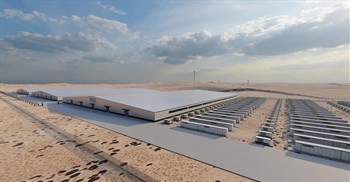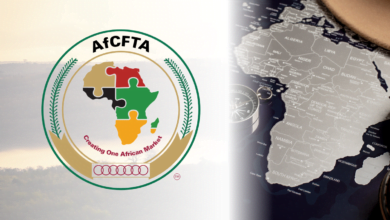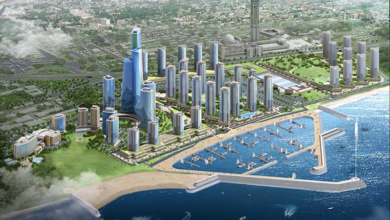Morocco’s desire to return to the AU after more than thirty years of absence leaves some perplexed, while others, like Hicham Rahil, a member of the National Office of the Popular Movement, continue to think that this return will strengthen ties between member countries.
Interview:
Morocco’s diplomatic offensive in recent years foreshadowed its desire to regain a place in the AU?
First, you should know that Morocco was omnipresent on the African scene, and has never left it. The suspension of its membership in the AU has never prevented it to collaborate and work with many African friendly countries. What you should know is that the Kingdom of Morocco has suspended its membership politically and institutionally, it has never stopped its diplomatic and economic relationships with a large number of African states that are part of the AU. Regarding the new diplomatic vision of the Kingdom, a political offensive is conducted against the enemies who attack the integrity of the Moroccan territory, in order to block any initiative and bad mismanagement of our dossier by enemies from Morocco. You should know, historically and geographically, that Morocco is part of Africa. History shows that Morocco was among the founding members of this organization and that Hassan II always defended the independence of African countries and kept their territorial integrity by military operations to ensure stability and security of their peoples. The conflict began between Morocco and the AU in 1982 when some leaders of some states have been battered by the poor strategy of the Algerian generals so that they recognize the virtual Saharawi Republic. The Moroccan people reacted against this betrayal and asked the government to suspend its membership.
This new episode seems to open a new page in the history of Morocco and the AU, after three decades during which the Kingdom had distanced?
During those 30 years, the Kingdom of Morocco began major internal projects in all areas, including the democratization of institutions, which gave a democratic and economic breakthrough, and become a reference in the region unlike many African neighbors, particularly with the reign of His Majesty King Mohammed VI, who was able to bring large investment projects and obviously the Moroccan Sahara autonomy plan applauded by the international scene. The official return of Morocco to the AU came after strengthening economic, political and diplomatic relationships with the majority of African countries, which certainly displeases the enemies of Morocco because Morocco is today ready to present its model of economic and political development and especially the fight against terrorism. I believe that the return of Morocco will only gather the divided countries, as it has always done in an institutional way, and convince the enemies of the territorial integrity of the Kingdom that the Polisario is something virtual that was created at the base to divide Africans. Also, Morocco will present itself as a credible partner in economic and political development.
On the long term, will the Saharawi conflict create more tensions between Algiers and Rabat?
Unfortunately, Algeria is still living at the time of the Cold War. It has not changed its general staff, unlike Morocco who rules with a new elite that has not experienced the Cold War, but has experienced globalization, the economic and political interests, it is a state of law. For this, there is a difference in vision between the two generations which differ intellectually and culturally. However, a new and younger generation will see the day and will work hand in hand with the brother country, Morocco. This will engender a lot of cooperation between the two countries on all levels. Morocco has always been involved in the security of African countries with military and humanitarian aid by the UN route. It only returned to the UA after having achieved great partners such as China, Russia and the Gulf countries and only after also helped out in many African countries, including Libya.
28 countries support the removal of the SADR, what do you think that this could engender?
Working with the 28 countries which have requested the removal of the SADR does not date from yesterday. It is a longstanding work with the United Kingdom, despite the absence of AU structures. These countries have found that the absence of Morocco was a great loss for Africa, especially in this period marked by terrorism and major economic challenges. You should know that the Moroccan diplomacy has initiated partnerships and discussions that will bring other countries to be added to the list of 28.
Can we consider that the return in the AU will help strengthen the security of African countries particularly in terms of fighting terrorism?
Morocco is a country internationally known for its security policy. Morocco is ready to strengthen the security of African countries with tools and experience. It is also ready to invest in the spiritual and religious level by forming, for example, imams, according to specific scientific programs. The country has great potential and is recognized internationally in the field.
By Darine Habchi





